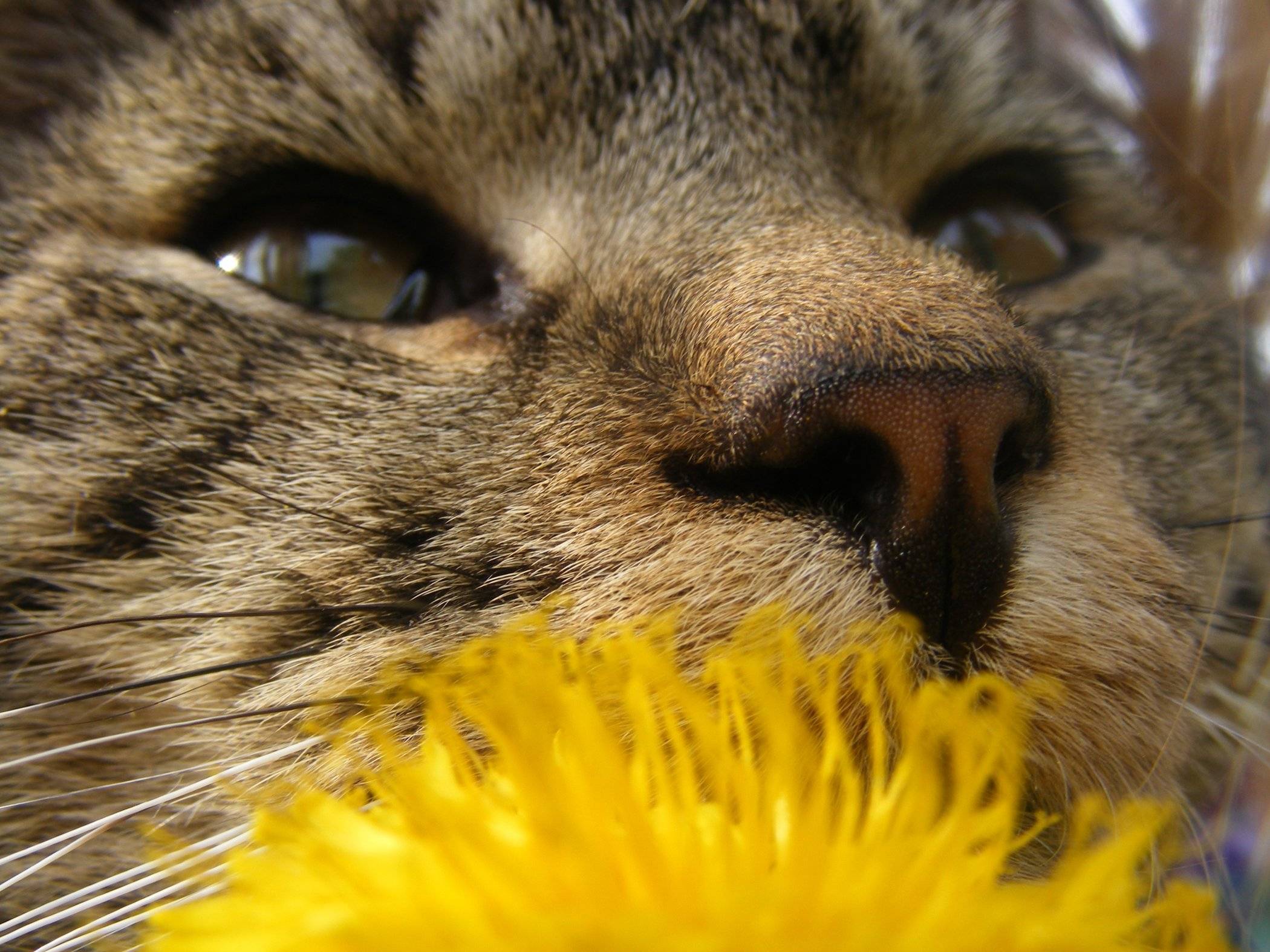
Now that we’re stepping into Spring, we may be thinking about tidying up our houses and gardens to welcome the warmer weather. However, whilst springtime is a season enjoyed by humans and animals alike, it can also bring with it some dangerous risks to the dogs and cats in our lives. With that in mind, experts at leading animal welfare charity, Battersea, are offering seasonal tips and advice to owners to make sure their pets can safely enjoy the brighter days and warmer weather.
Claire Turner, Veterinary Surgeon at Battersea said: “The joys of springtime, such as longer days and warmer weather, are welcomed by both humans and animals. With more plants in bloom, there will be plenty for our pets to explore and enjoy as we head into the warmer months.
“However, some plants and insects that come out in spring can be dangerous to our pets, such as daffodils, tulips and wasps. Owners should be careful of what they grow in their garden and keep an eye on their dogs and cats throughout this time to ensure that they are enjoying spring just as much as we are. If your pet does come into contact with something dangerous you should contact your vet immediately.”
Daffodils
Often associated with Spring and Mother’s Day in the UK, any portion of this plant can be highly toxic to cats. It can cause vomiting, diarrhoea, abdominal pain, convulsions and can cause a drop in blood pressure. The bulb of a Daffodil is the most dangerous for dogs and cats, and pet owners should avoid planting them in their garden.

Tulips and hyacinths
The whole of a tulip or hyacinth is poisonous to dogs and cats, but the bulb is especially potent and any ingestion of this can cause vomiting and breathing difficulties. Be sure to keep these away from your pet before planting, and keep an eye on them once they are in the ground.
Ticks
Ticks are small insects that can spread diseases by transmitting bacteria and microbes when they bite. Ticks are common in woodland and other grassy areas, especially in the warmer months.
After your dog or cat has been outside, run your hands over them to check for any ticks that they may have picked up – they’re normally easy to spot. If you do find a tick, it’s important to remove it quickly, to lessen the chances of your pet catching a disease.
It is vital that a tick is removed correctly; if you squeeze the tick, or leave its head inside your pet’s body, the risk of infection is increased. It is best to use a specifically designed device to twist the tick off which can be purchased from a pet shop.
Consider talking to your vet about preventative products for ticks which can be used as part of a routine, particularly if you are in a tick prone area.
Wasps and bees
If your dog or cat is stung by a wasp or a bee, they’ll likely end up with a swollen face or paw and will have some localised pain and irritation. Though this will be distressing for them, the pain should go away after a short period of time.
However, some dogs and cats may be allergic to the poison that is injected by a bee or wasp sting, which could be potentially lethal if left untreated. If your pet starts vomiting, has diarrhoea, is breathing heavily, has pale gums or any excessive swelling around the sting, you should contact your vet immediately.
Weedkiller
Weed killers, and the chemicals that are in them, can be extremely dangerous to our dogs and cats, especially during the spring and summer months when we’re all spending more time in the garden.
You can buy pet-friendly weed killers which are much safer for our animals and wildlife. It’s important to read the label before making any decisions.
Make sure your pet is microchipped
With the longer days and sunnier weather, your dogs and cats may want to be outside more frequently or for longer periods of time. It is important to make sure they are microchipped, and their chip details are up-to-date. That way, if your dog runs away on a walk, or your cat gets a little lost while out and about, you can be reunited with them as quickly as possible. It is also a legal requirement for dogs to me microchipped and wear a collar and tag with their owners’ details on.
If your dog or cat dogs sniff, swallow or come into contact with something poisonous to them, you should contact your vet immediately. For further pet advice, please visit www.battersea.org.uk/pet-advice.
We regularly write about all things relating to cats on our Blog Katzenworld!
My partner and I are owned by five cheeky cats that get up to all kinds of mischief that of course, you’ll also be able to find out more about on our Blog
If you are interested in joining us by becoming a regular contributor/guest author do drop us a message @ info@katzenworld.co.uk .
